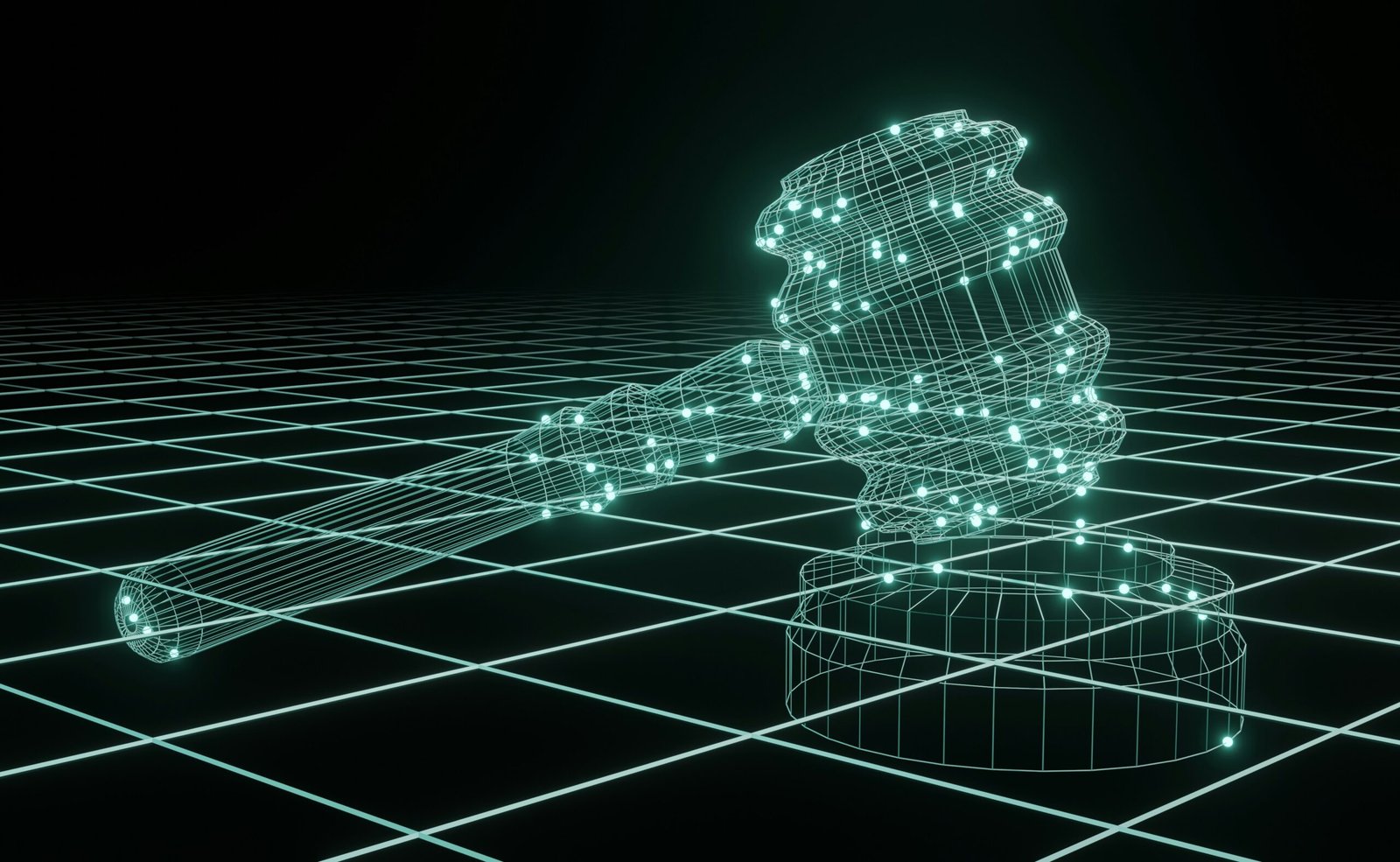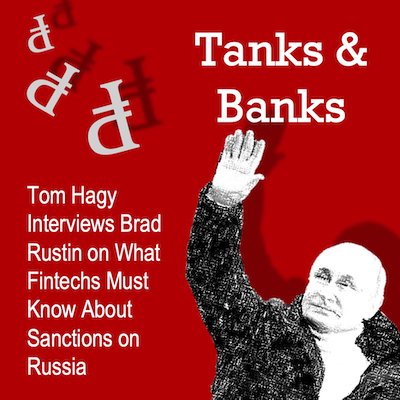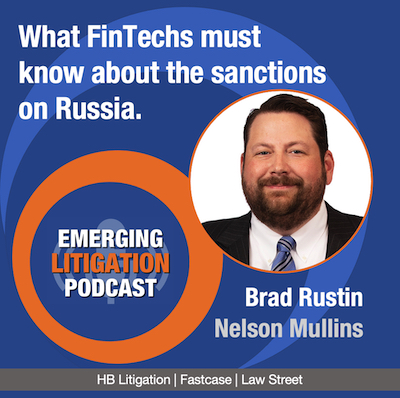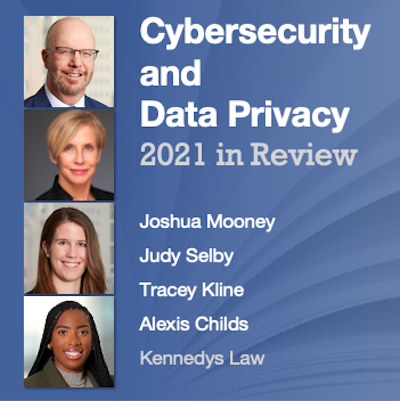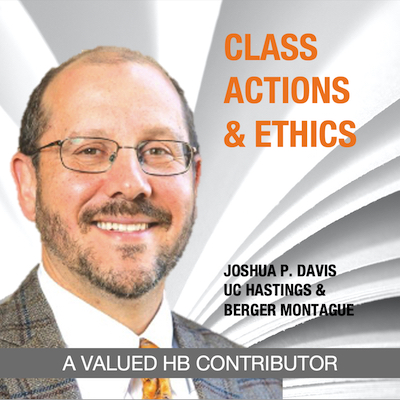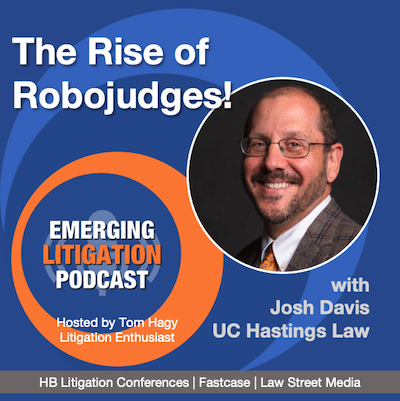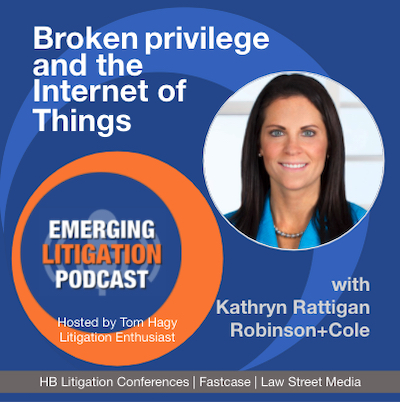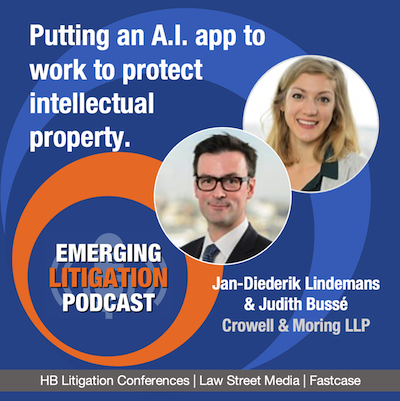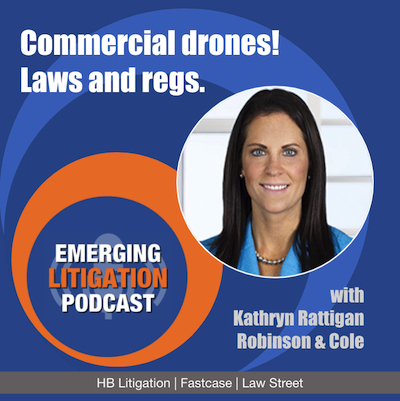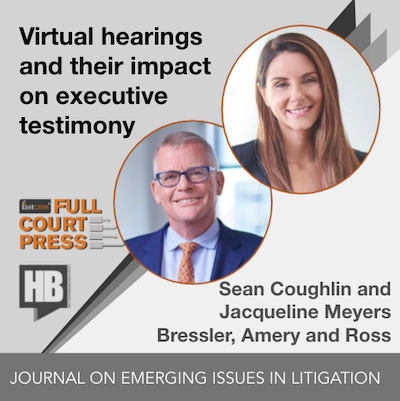Artificial Intelligence Meets Copyright Law with Ryan Phelan and Tiffany Gehrke
What happens when artificial intelligence collides with copyright law? In this episode of the Emerging Litigation Podcast, intellectual property attorneys Ryan Phelan and Tiffany Gehrke of Marshall, Gerstein & Borun LLP unpack two landmark court decisions on fair use and AI training data. They explain why courts found AI training to be “transformative use,” how judges are treating legally obtained versus pirated data, and why algorithmic outputs could be the real battleground ahead. With deep expertise in technology and IP law, Ryan and Tiffany offer practical insights into how these rulings may shape the future of AI, copyright, and innovation.

